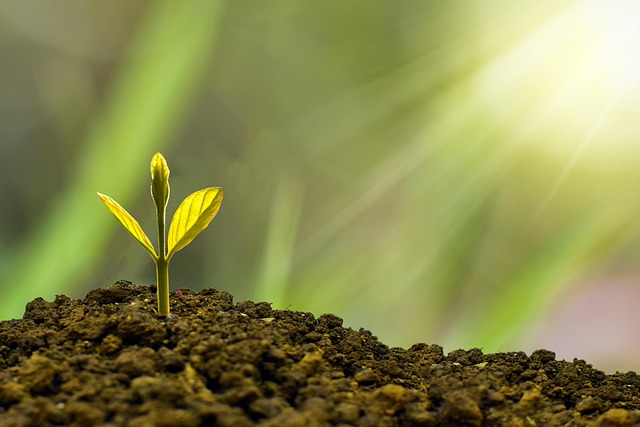Driving Towards a Greener Future
The concept of a green economy is gaining remarkable momentum, particularly in the realms of rural development and transport sustainability. As we confront the challenges posed by climate change, the shift toward a more sustainable way of living becomes essential. This transformation is not only crucial for the environment but also an opportunity for economic growth and social cohesion in rural areas.
Transport sustainability plays a pivotal role in achieving the goals of a green economy. Traditional modes of transport have often contributed significantly to carbon emissions, making it necessary to innovate and adopt greener alternatives. One of the most promising solutions lies in the integration of electric vehicles (EVs) and public transport systems powered by renewable energy. These advancements not only reduce emissions but also create jobs in rural areas where these technologies can be produced and maintained.
Moreover, improving rural transportation infrastructure encourages economic development. Enhanced accessibility leads to better opportunities for local businesses, allowing them to connect with larger markets and providing residents with greater access to essential services like healthcare and education. A well-planned transport system can reduce reliance on fossil fuels while promoting local economies. For instance, investing in cycle paths and pedestrian-friendly streets in rural towns can promote healthier lifestyles and foster community engagement.
Rural development is closely tied to the principles of the green economy. By investing in sustainable agricultural practices, we can foster food security, enhance biodiversity, and reduce environmental impacts. Sustainable farming methods, such as agroforestry and permaculture, encourage local ecosystems to flourish and help the rural population adapt to changing climatic conditions. With greater emphasis on local produce and organic farming, communities can reduce their carbon footprint while boosting their economy.
Furthermore, eco-tourism is an emerging sector that embodies the ideals of the green economy. Rural areas rich in natural beauty can attract visitors seeking sustainable travel experiences. By promoting eco-friendly lodgings, guided nature tours, and local culinary delights, communities can showcase their cultural heritage while ensuring that their natural resources are preserved for future generations.
Engaging rural inhabitants in the green economy through education and training is also vital. Empowering farmers, entrepreneurs, and community members with the skills to implement sustainable practices can create a ripple effect, encouraging others to follow suit. Community support systems, such as cooperatives focused on renewable energy projects or organic farming initiatives, foster collaboration and strengthen community bonds.
The transition towards a green economy is not merely a trend but an essential strategy for ensuring a viable future for our rural communities. By focusing on transport sustainability and rural development, we can drive economic growth while protecting our planet. As we navigate this journey towards a greener future, let’s embrace the changes that foster innovation, sustainability, and unity within our rural landscapes.




